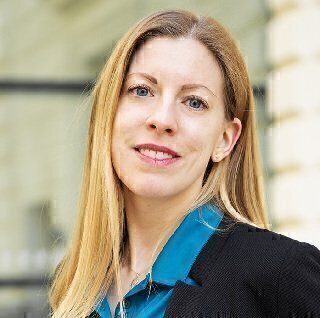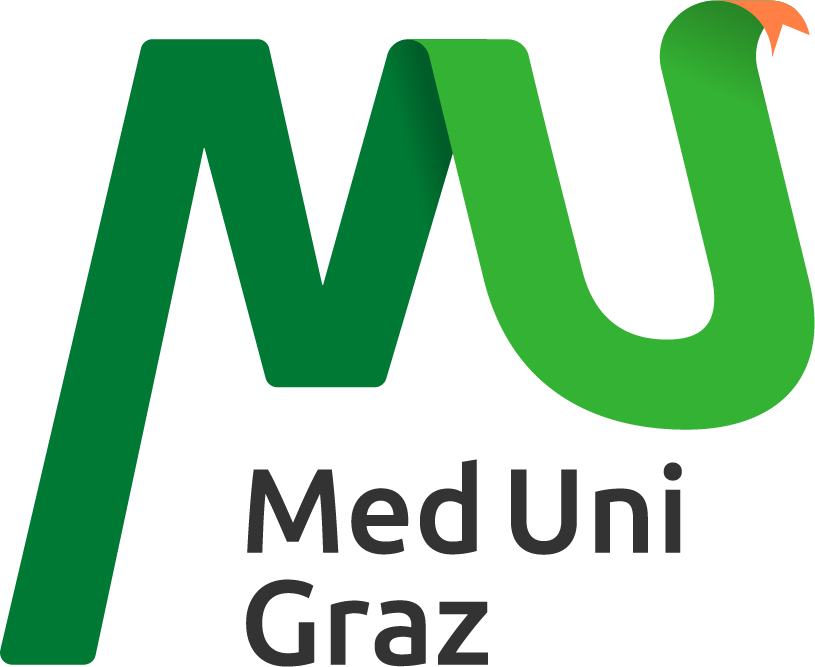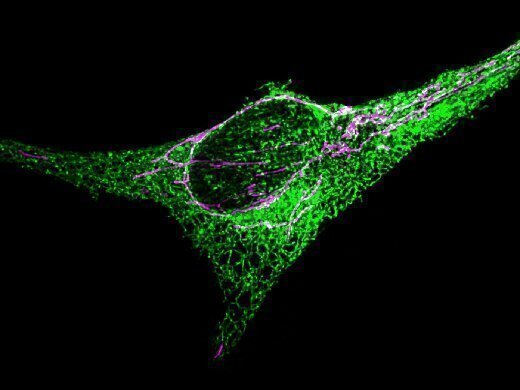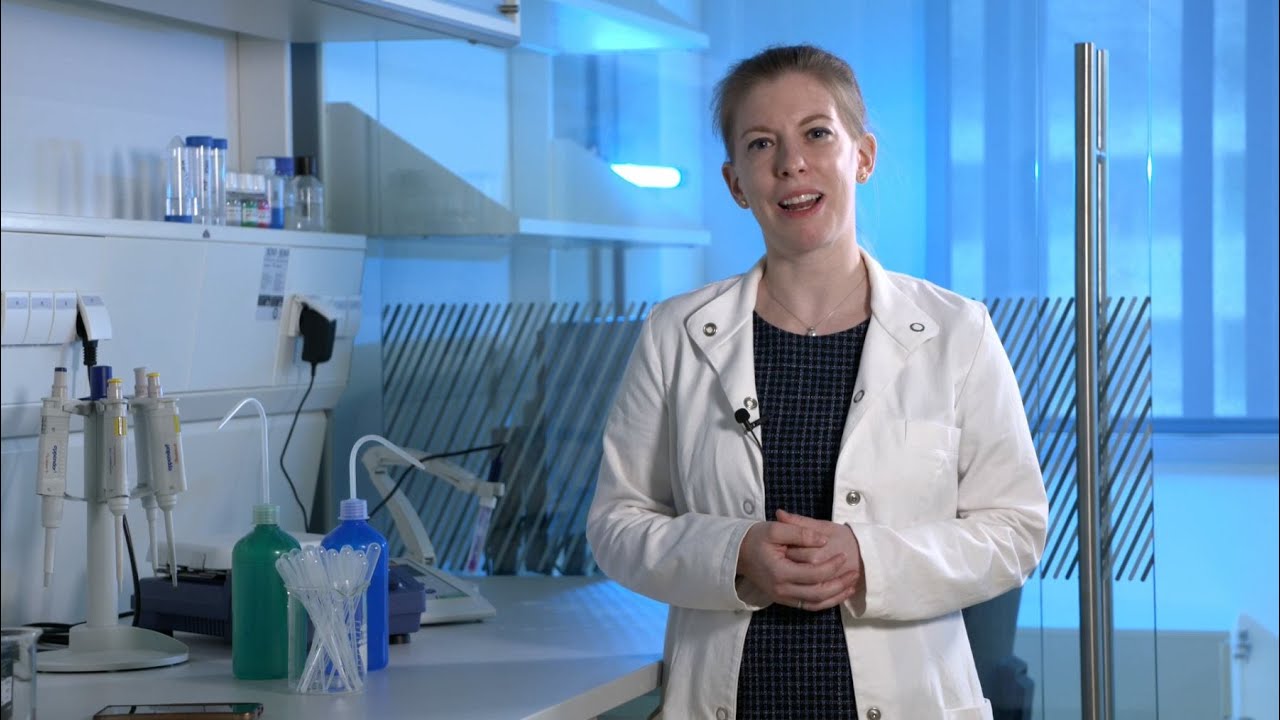Aging research Hands-on
Course start: 1. October 2024
Aging research Hands-on
Corina Madreiter-Sokolowski
Scientific classification:
Course start: 1. October 2024
Aging research Hands-on
Corina Madreiter-Sokolowski
-
Scope: 5 units
-
Effort: 1 hour/week
-
Current participants: 306
-
Licence: CC BY-NC-ND 4.0
-
Course start: 1. October 2024
-
Course end: -
-
Current status: Ongoing course
-
Available languages:
Trailer
Course details
Course content
As part of the FWF science communication project "Hands-On Aging Research," you will have the opportunity to experience the world of academic research.
The accompanying MOOC specifically prepares students for the Flying Aging Labs, where they will get to know methods of aging research at their schools. Therefore, this MOOC vividly explains a variety of laboratory methods – from cell cultivation to drug testing on the model organism Caenorhabditis elegans.
Additionally, we offer fascinating insights into the different fields of activity and professions in the laboratory. We are looking forward to a lively exchange!
Learning goals
In the MOOC, participants gain insight into common methods of aging research – including the cultivation and isolation of cells, fluorescence microscopy, and drug testing on nematodes.
Prerequisites
Basic knowledge in Biology
Course schedule
The course is conducted over 5 weeks or units. Each unit includes videos, additional materials, and a self-test to reflect on what has been learned. A discussion forum offers the opportunity to reflect, discuss, or delve deeper with other learners.
The course is divided into the following 5 chapters:
- The Heroes in the Lab: Who is behind the experiments?
- Small but Mighty: How do we cultivate cells in the lab?
- Time Travel of Cells: How do our body cells age?
- Tiny Helpers: Why are nematodes important for research?
- Microscopic Insights: How do we make the invisible visible?
Certificate
For actively participating in the course you will receive an automatic certificate which includes your name, the course name as well as the completed lessons. We want to point out that this certificate merely confirms that you answered at least 75% of the self-assessment questions correctly.
Licence
This work is licensed under Creative Commons - nicht kommerziell, keine Bearbeitung 4.0 International (CC BY-NC-ND 4.0) - Attribution CC BY Corina Madreiter-Sokolowski (Med Uni Graz)
Course instructor

Corina Madreiter-Sokolowski
Corina Madreiter-Sokolowski is a professor of "Molecular Aging" at the Medical University of Graz, where she leads a research group of 13 members.
Her focus is on investigating the role that our mitochondria play in the aging process and age-related diseases. In doing so, she uses the latest technologies, such as high-resolution fluorescence microscopy, in both cellular aging models and in nematodes to find possible approaches for the development of new anti-aging strategies.
Partners
-

Medical University of Graz
-

BioRender
-

FWF – Austrian Science Fund


